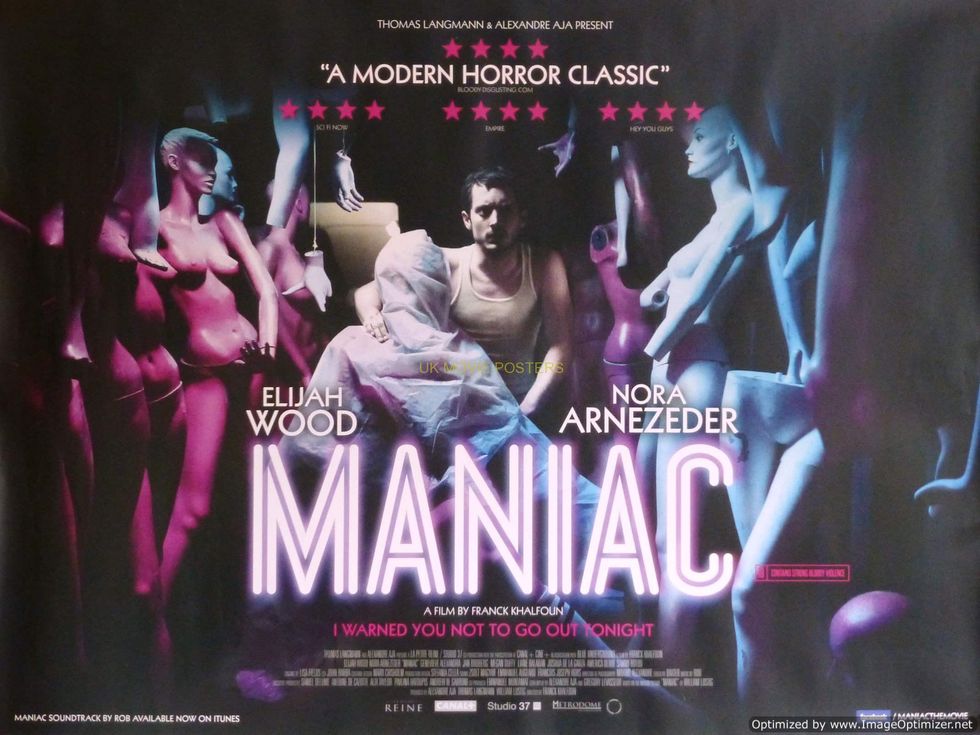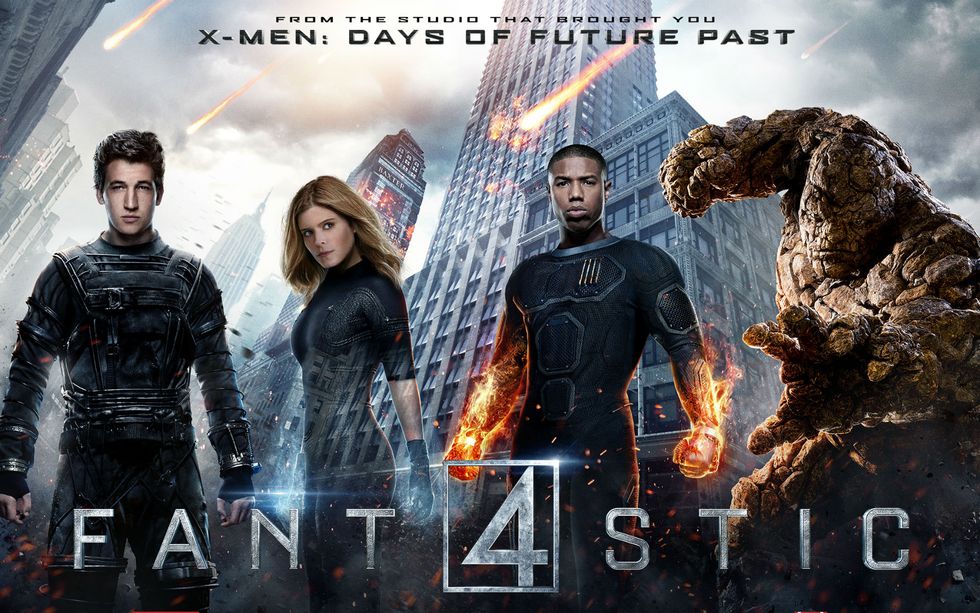As a film student, I often find myself caught in a constant trust battle between critics and the average movie-goer. It’s a war that’s been happening very frequently in modern cinema and I remember noticing it when I was at the age of 10.
Back in 2005, I had a friend who was a huge fan of the "Star Wars" franchise. That was the year that "Episode III: Revenge of the Sith" was preparing to launch and he was pumped. I was excited for him and when he talked about it, the more I wanted to see it myself. When the week of the premiere came, I remember our teacher telling me that someone had talked about the movie in the newspaper and she handed me her copy.
The critic panned the movie relentlessly. They stated all kinds of things they hated about the movie and proceeded to go on all kinds of mini-rants.
When I saw my friend the next day, he was rocking a big smile on his face and told me how awesome the movie was. He told me about the fights against General Grievous and how epic all of the lightsaber fights were. He absolutely loved it.
So, who was I supposed to believe: a professional movie critic or a 10-year-old Star Wars fan?
In other words, do I trust the critic or the movie-goer? It’s a question I often find myself asking when I want to see a new movie in theaters or DVD. It’s happened more times than I like to think.
For example, one of my favorite horror movies, "Maniac" (2013), sits at a 49 percent on Rotten Tomatoes. Many of the (online) critics have gone on record to say that it’s unoriginal and does nothing unique to set itself apart from other slasher films. Myself, on the other hand, begs to differ and will gladly praise the use of the camera and how disturbed the movie can make a viewer feel in the end.
I just reviewed a movie. Now, you have to decide to either believe the online critics or believe me and the people in this poster giving this film four stars.
It’s a never-ending battle. In today’s day and age, you can’t always believe one or the other because both sides are at disadvantages.
Fans of certain movies can often sit there and go one of two ways: they can nit-pick every little detail in a movie and hate it, or they can praise everything about it and say anyone who doesn’t think like them is wrong.
Critics, on the other hand, are a different story. Unlike a regular audience member, critics get paid to sit through a movie and complain or praise it. However, the critics don’t always tell the truth. There is a small chance of corruption when a critic says a movie is good. This event is called payola.
Back in the days of rock and roll, record companies would fight each other through bribing radio stations. Whoever paid top dollar would get their song played so often on the radio. This practice has since been deemed illegal.
Unfortunately, with every activity listed as illegal, there is a loophole. I’ve heard stories in both the gaming industry AND film industry where critics are bribed certain amounts of money to say good things about a product.
After the debacle that was and still is "Fantastic Four", I think it’s safe to assume that the critic(s) who gave this film four stars, (as evident by the recent TV spots) were the ones who were bribed. Numerous critics have said that "Fantastic Four" was a horrible film and even Marvel fans agree. The movie has a 9 percent on Rotten Tomatoes.
So, if you can’t trust the critics and you can’t trust the fans, who do you trust? Fans will defend a movie even if it’s the worst movie ever, (à la Troll 2) and critics are still taking bribes for publishing their false reviews.
So, who can you trust? You.
One of the issues with movie-goers these days is, they go in and judge a movie by the ending. They walk out none the wiser. When you watch a movie, you shouldn’t go by a critic’s words exclusively. The job of a movie critic is to guide you in the direction of what you’re looking for. We cannot tell whether a movie is exactly good or bad. Everyone has different tastes. But, going by the words of a fan isn’t smart either because you’re dealing with a bias (unless that fan has some logic behind why they think a movie is great).
When I want to watch a film, I look for it on my own and choose what I have faith in. I don’t go by box office numbers or reviews or even by word of mouth. I find it on my own. We’re constantly buried in movies by the big wigs of Disney, DreamWorks, Universal, Paramount, and Warner Bros. It’s forced us to pay very little attention to movies that aren’t as heavily advertised. Why is that?
Well, it’s because we sit on our tuckus and let the movies come to us.






















